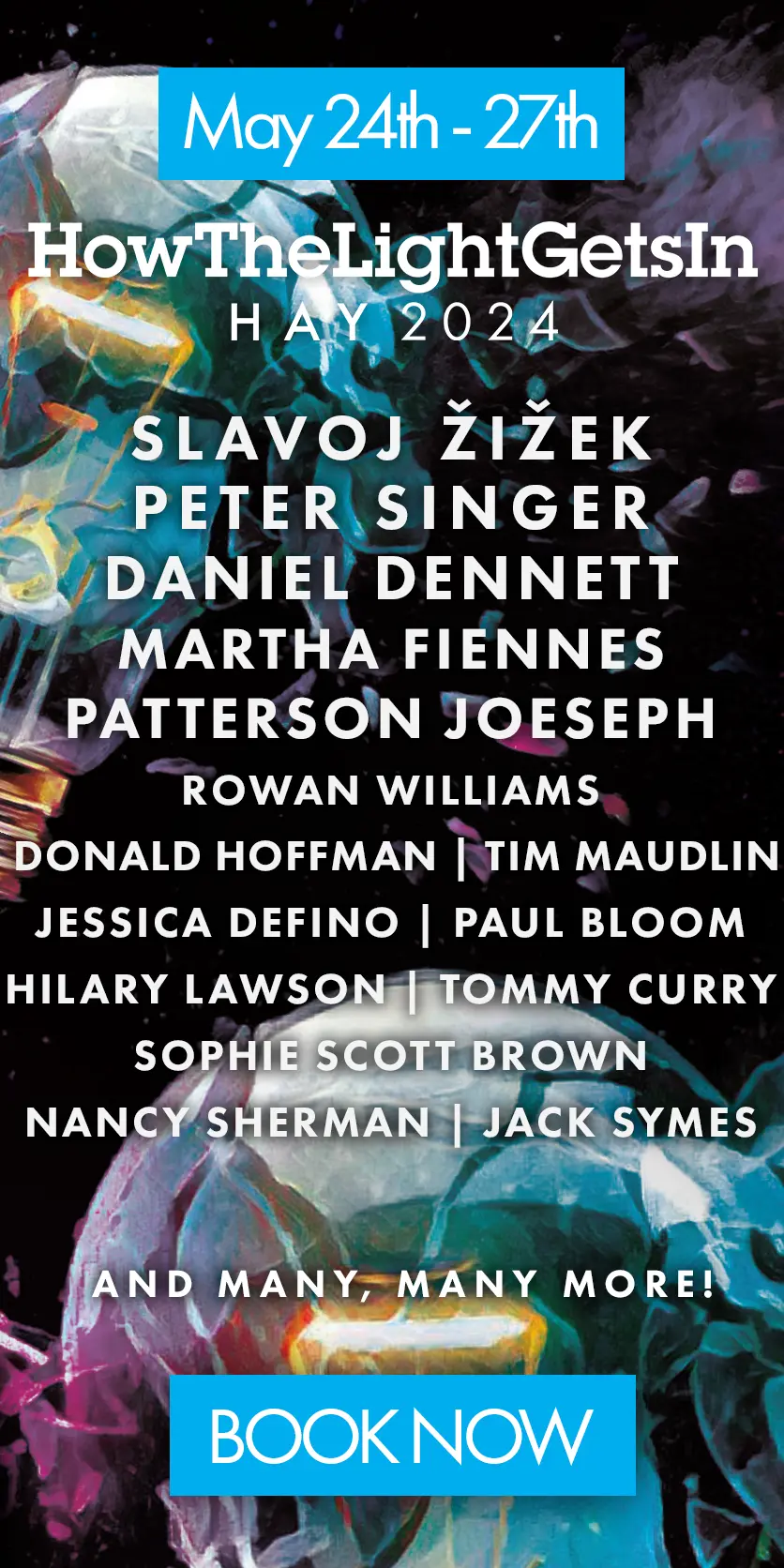The pace of scientific discovery in the last few decades has been extraordinary. We’ve discovered new particles; seen habitable planets orbiting distant stars; detected gravitational waves; mapped the complete neuronal network of a C Elegans worm; and built new forms of carbon called graphene. In 2014 the science journal Nature reported that the number of scientific papers published has been doubling every 9 years since the end of World War Two. So is there anything science cannot answer? Or could we possibly know it all?
Identifying the known unknowns was the task I set myself on the journey I’ve been on for the last three years writing my new book What We Cannot Know. Not just things we don’t know now. I wanted to identify whether there are any problems that are intrinsically unanswerable. One of the motivations for my journey comes from a proof that my own subject of mathematics has provable limits.
Called Gödel’s Incompleteness Theorem, the discovery made by Austrian logician Kurt Gödel in the 1930s rocked the mathematical community to its core. Ever since the ancient Greeks introduced the powerful tool of mathematical proof, mathematicians believed that, given any true statement about numbers, mathematicians should be able to produce a proof from the axioms of mathematics of the truth of that statement.
For example, Fermat famously claimed that the equations xn+yn=zn don’t have whole number solutions if n>2. He actually believed he’d found a remarkable explanation but alas the margin of the book he was scribbling in was too small for the proof. This turned out to be the biggest mathematical tease in history. It took another 350 years before my colleague in Oxford Andrew Wiles finally came up with a proof that indeed you can’t solve these equations.
I think most mathematicians believed that if you’ve got a true statement about numbers then there should exist some way within mathematics to prove that the statement is indeed true. For example, we believe that it is true that every even number can be written as the sum of two prime numbers. (Prime numbers are those indivisible numbers like 7 and 17.) Called Goldbach’s conjecture, no one has yet come up with a proof that this is true of all even numbers.
What Gödel proved is that within our axiomatic system for mathematics it may be possible that Goldbach’s Conjecture is true but there doesn’t exist a proof that it is true. All those mathematicians chasing a proof might be chasing a shadow. The shocking revelation is the inspiration for a wonderful novel called Uncle Petros and the Goldbach Conjecture by Greek author Apostolos Doxiadis. In the novel on learning about Gödel’s Theorem, Petros suffers a complete meltdown at the revelation that his life’s work trying to prove Goldbach might be in vain.
Mathematics has been able to prove its own limits of knowledge. By turning mathematics in on itself, Gödel showed that any system of mathematics must contain true statements that are unprovable. So could we apply a similar self analysis to science to reveal the limits of what we can know about our universe?
___
"The idea of repeating an experiment, something so dear to the way we do science, seems actually impossible"
___
There is an important condition in Gödel’s theorem that is often missed in popular accounts of the theorem. What Gödel proved is that within any axiomatic description of mathematics there are limits. He did this by working outside the system. In this way he is able to show that a particular statement about numbers is indeed true but can’t be proved true if you are stuck inside the system. The interesting thing is that you can add this true statement as an axiom and expand the system. But Gödel can show once again how to cook up within this new enlarged system a statement about numbers that can be seen to be true by working outside the new system but is unprovable if you are stuck inside.
When we look more broadly at the challenge to science, this idea of being stuck inside the system is relevant to many of the potential unknowables. Take the challenge of understanding consciousness. This has been regarded by many as a question that science will never be able to answer because consciousness is a subjective experience. I can never know what it feels like to be you. I am limited and stuck inside my own consciousness, never able to experience yours. I can scan you and probe you and analyse a lot about what makes the brain appear conscious. And yet how can I ever know you aren’t a zombie without any internal world, just doing a very good impression of consciousness? The problem is that we are stuck in our own system unable to get out.
On a more cosmic scale, current models of the birth of the universe involve an idea called inflation which implies that there might be other universes in addition to our own. In these other universes, the constants of nature might have completely different values. There might even be different laws of physics. This is our best explanation for why our own universe seems so finely tuned to accommodate life. Like the positioning of the Earth, it’s just random that our universe has its constants set to be conducive to life. But if there are other universes, how can we ever know given that we are stuck inside our own system.
Quantum physics suffers too from the challenge of being stuck inside the system. We talk about a quantum wave function describing the evolution of an electron as it takes part in an experiment. And then we talk about this mystical thing called observation where our interaction with the particle causes the wave function to collapse and then the particle has a well defined position. We put ourselves outside the system and observe. And yet aren’t all the particles that make up our bodies also described by a quantum wave function. So shouldn’t there just be a larger quantum wave describing the complete trajectories of all the particles involved? Indeed isn’t the whole universe described by a huge quantum wave with no collapsing because there is nothing outside to observe it?
In fact the idea of repeating an experiment, something so dear to the way we do science, seems actually impossible. We might think we have isolated an experiment so that we can repeat it. And yet the experiment is not isolated. It sits as an experiment inside the universe and the universe has moved on. We know from the revelations of chaos theory that small changes on the other side of the universe can have dramatic effects on the outcome of the universe. The butterfly effect. So we can’t really consider an experiment truly repeatable under the same conditions each time. It will always be an approximation. And understanding the universe itself isn’t really open to experiment and repeatability. The universe is a one time only experiment.
So the challenge that mathematics faced – that truth cannot always be proved when you are stuck inside a system – seems to apply to the limits of what we can reason about the universe. At least in mathematics there is a way to pull yourself outside the system and look in. That new larger system will have limitations but at least we can keep stepping outside. The trouble with our universe and our heads is that we are stuck. It may be possible that there is no way for us to truly step outside to look in and to know.
Read more from this issue of IAI news here: The Limits of Reason.

















Join the conversation